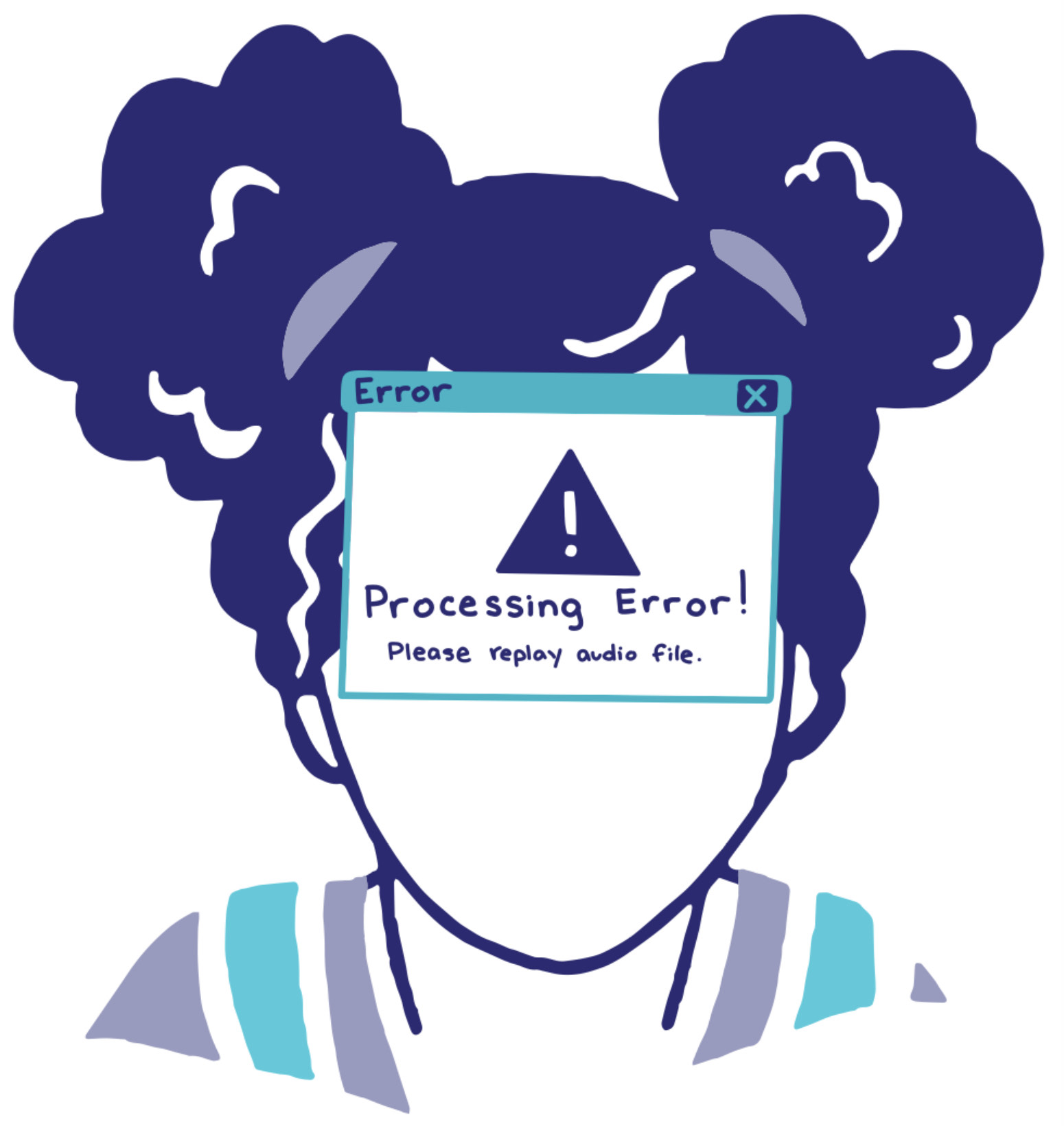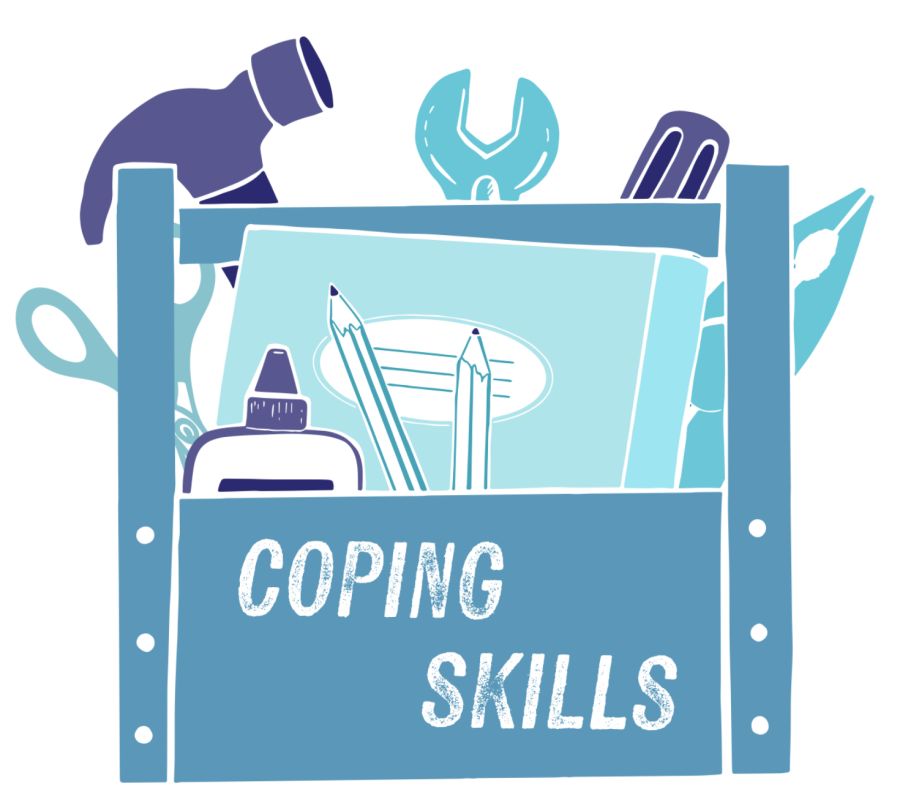What Do Auditory Processing Disorders (APD) Look Like?
 With statistics varying from 5% to 48%, it’s hard to say exactly what percentage of the population is affected by some form of an Auditory Processing Disorder (APD). But we do know that they are more common in those with ADHD, with about 50% having some form of APD. But what is an Auditory Processing Disorder? APDs refer to a disorder of the auditory (hearing) system that causes a disruption in the way that an individual’s brain understands what they are hearing. Contrary to what you might assume, APDs are not a form of hearing loss. In fact they have very little to do with the ears at all. APDs are all about how the brain interprets and processes sounds and other auditory information. The process of interpreting and understanding information is complex, and signals can get crossed at multiple areas. This criss-crossing of wires in the brain can manifest in a variety of ways, including but not limited to the list below
With statistics varying from 5% to 48%, it’s hard to say exactly what percentage of the population is affected by some form of an Auditory Processing Disorder (APD). But we do know that they are more common in those with ADHD, with about 50% having some form of APD. But what is an Auditory Processing Disorder? APDs refer to a disorder of the auditory (hearing) system that causes a disruption in the way that an individual’s brain understands what they are hearing. Contrary to what you might assume, APDs are not a form of hearing loss. In fact they have very little to do with the ears at all. APDs are all about how the brain interprets and processes sounds and other auditory information. The process of interpreting and understanding information is complex, and signals can get crossed at multiple areas. This criss-crossing of wires in the brain can manifest in a variety of ways, including but not limited to the list below
The list is broken into 5 common categories.
DECODING:
- Struggles with figuring out words that are spoken. They hear the sounds, but their brains do not process them as words. To them it may sound as though you are speaking gibberish or another language.
- May take a few seconds for them to process verbal information
- May mishear without realizing the mixup. May even argue about what was heard.
- Cannot keep up with conversations, especially when someone talks quickly.
- May struggle distinguishing sounds that are similar.
PROSODIC:
- Difficulty understanding the nonverbal aspects of conversation, such as pitch, emphasis, tone, intonation.
- May speak with a monotone speech pattern.
- Pragmatics of speech are often disorganized. This can affect social skills and communication.
- Struggles to summarize large pieces of information.
- May struggle to understand cause and effect.
- May receive a diagnosis of non-verbal learning disability.
ASSOCIATIVE:
- Has difficulty understanding language such as semantics, words that have multiple meanings or synonyms and antonyms.
- May struggle with organization of speech and understanding long, complex sentences.
- Often says “I don’t understand”.
- Learning to read may not be hard, but may have very poor reading comprehension.
INTEGRATION:
- When given a set of instructions to perform a task, they may not know how to interpret and utilize the information and apply it to the one task.
- Struggles with tasks that require integration of different areas of the brain, such as listening and writing notes at the same time.
- Often has significant difficulty learning to read and once they learn to read, their comprehension may be very poor.
- May have difficulty with rhythm and timing.
- Usually has difficulty with spelling
OUTPUT ORGANIZATION:
- May have difficulty distinguishing sound happening at the same time.
- May struggle with expressive language.
- May have issues with speech articulation due to mishearing themselves or others
- Struggles to remember groups of information, especially if it must be recalled in a specific order.
- Difficulty with long or multi-step auditory directions.
Related Articles That Might
Interest You

Neurodivergent Special Interest

Coping Skill( CBT techniques and DBT techniques)
